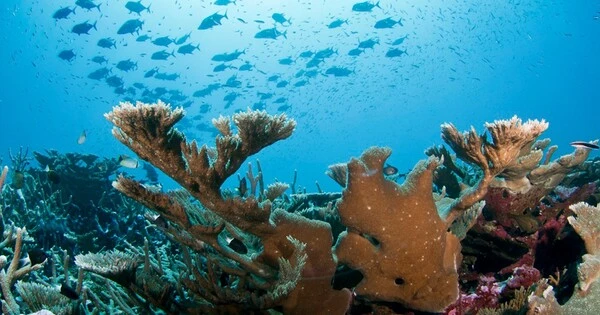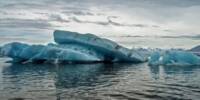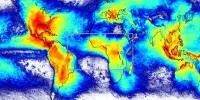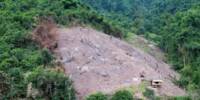Marine reserves can be a powerful tool in restoring marine ecosystems, but their effectiveness depends on several factors, including their size, location, and level of protection. Research has shown that well-designed and well-managed marine reserves can lead to the recovery of fish populations, the restoration of ecological processes, and the preservation of biodiversity. Marine reserves can also provide a refuge for vulnerable and threatened species, and help maintain important ecological and economic benefits such as fish stocks, coral reefs, and tourism.
Protected marine areas are one of the most important tools for conserving natural resources impacted by human activity, particularly fishing, but are they sufficient to restore the functioning of these systems? A study published in the ICES Journal of Marine Science by researchers from the University of Barcelona’s Biodiversity Research Institute (IRBio) in collaboration with researchers from the Oceanographic Center of the Balearic Islands’ Group of Ecosystem Oceanography (GRECO) highlights the limitations of marine reserves in restoring food webs to their pristine state prior to the impact of intensive fishing.
Protected marine areas are one of the most important tools for conserving natural resources that have been impacted by humans, particularly fishing, but are they sufficient to restore the functioning of these systems? A study published in the ICES Journal of Marine Science by researchers from the Biodiversity Research Institute (IRBio) of the University of Barcelona in collaboration with researchers from the Group of Ecosystem Oceanography (GRECO) of the Oceanographic Center of the Balearic Islands highlights the limitations of marine reserves in restoring food webs to their pristine state prior to the impact of intensive fishing.
This study shows that only small-scale marine reserves, it is not enough to conserve the functionality of marine ecosystems. In areas with intense fishing pressure, both professional and recreational, exploited areas have more influence on small reserves.
Lluís Cardona
“This study shows that only small-scale marine reserves, it is not enough to conserve the functionality of marine ecosystems. In areas with intense fishing pressure, both professional and recreational, exploited areas have more influence on small reserves,” says lecturer Lluís Cardona, from the Department of Evolutionary Biology, Ecology, and Environmental Sciences of the Faculty of Biology and IRBio, and first signatory of the article.
The study is also signed by the researchers Fabiana Saporiti, Asunción Borrell, and Àlex Aguilar (IRBIO-UB), and it includes the participation of the experts Joan Moranta and Olga Reñones (IEO-CSIC), and Adam Gouraguine, from Newcastle University (United Kingdom).
Study on carnivorous fish from shallow rocky sea bottoms
The researchers used underwater visual censuses to determine the number and size of carnivorous fish living on shallow rocky bottoms in the Mediterranean Sea and temperate areas of the Atlantic Ocean, with the goal of evaluating the effects of fishing protection in marine reserves. They later used stable isotope analysis of carbon and nitrogen to determine whether there had been a change in the species’ diet and, thus, in the food web.
The samples were collected in the Mediterranean in the Cabrera National Park (Majorca), in areas where this activity has been prohibited since 1991. These samples were compared to those collected on Majorca’s west coast, where this activity is permitted. The samples from the Atlantic, on the other hand, were collected in the Cies Islands, a small archipelago within the Atlantic Islands of Galicia National Park, where certain types of fishing have been prohibited since 2002 (except for small-scale artisanal fishing), and other areas near the mouth of the adjacent Ria de Vigo, which are open to all fishing.
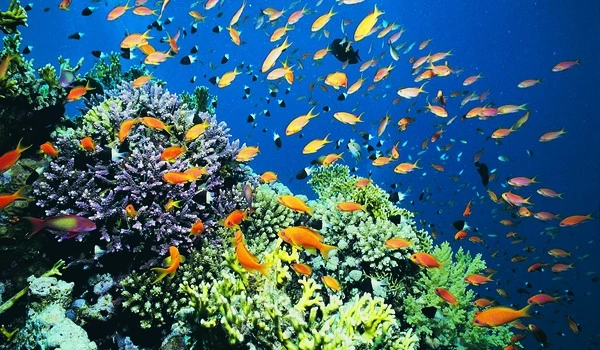
Effects on number and size of fish, but not on trophic structure
The results show a larger biomass and size of carnivorous fish from shallow rocky bottoms in the analyzed marine reserves, compared to areas open to fishing. The most extreme examples were the dusky grouper (Epinephelus marginatus) in the Balearic Islands, and the sargo (Diplodus sargus) in Galicia, since the individuals larger than 45cm, as in the first case, and 26cm, in the second case, could only be found in the protected areas.
Aside from the positive effects, the study found that fishing protection did not result in any significant changes in the trophic structure of the carnivorous fish community in either of those two regions, despite some changes in the diet of some species. According to the researchers, the effects of marine reserves in the Mediterranean Sea and the north-eastern Atlantic Ocean are “insufficient to help reconstruct the populations of some carnivorous fish and restore the size structure, as well as to provoke changes in the diet of certain species, but they are unlikely to induce the recovery of the trophic structure of pristine ecosystems prior to the intensification of fishing.”
The impact of the absence of sharks, dolphins, and seals
These findings would be explained by a lack of large carnivorous fish and other highly mobile species, such as seals and coastal sharks, which are at the top of the food chain and have been impacted by human exploitation. “Marine reserves aid in the recovery of species such as the dusky grouper but not other highly mobile and large species such as sharks, dolphins, and seals. Even species such as sea bass are having difficulty recovering in Galicia’s marine reserves. Beyond the recovery of the biomass of some sedentary species, the lack of these species prevents the emergence of differences in food webs between reserves and open fishing areas in the Mediterranean and the Atlantic” says Llus Cardona.
As a result, according to the researchers, the aims of the marine networks in regions where mobile predators have been depleted or have become extinct have to be rethought in “more realistic terms than the recovery of pristine conditions prior to intensive fishing, although in marine reserves some of the characteristics of the historical trophic structure, such as biomass and size structure of certain sedentary species, can be recovered.”
In this regard, Lus Cardona believes that the future conservation of marine ecosystems must focus on “reducing the impact on highly mobile and large species in areas open to fishing because marine reserves alone can do little to protect these species.”
Researchers note, however, that the situation may be different in areas where human pressure has been lower and where there is still some of the original diversity of larger and highly mobile carnivorous fish, such as the north-eastern Pacific Ocean, where populations of most of these species are in good condition due to conservation measures implemented throughout the territory.
